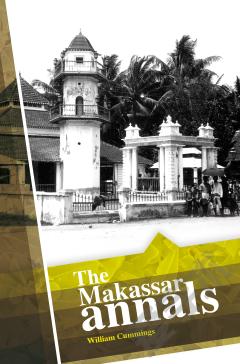The Aryan Maori
North of the Himalaya Range, on the high table: land toward Tartary, lay the great birthplace of the Aryan people. Meru is the name given to it by Hindu writers, who, after a thousand years of tradition, saw it, through the mist of poetry and legend, as a mighty peak, the centre of the J ambu-dvipa, the known world: it was supposed to stand in the midst of the six other dvipas or continents, which they believed to comprise the whole earth. But, apart from myth, it is now well known that the wide plains to the east of the Caspian Seawere the home of a nation which was the mother of modern civilization a nation of many tribes, but speaking one language, and having a community of customs and habits. They called themselves Arya, from a word-root, ar, noble, well-born — they, like most other communities, thinking they were the people and all outsiders barbarians.* As years passed, either their pastoral lands became too narrow for the great increase of population, or, else, that wonderful spirit of enterprise and colonization which has always distinguished their race, prompted them to migrate in vast numbers from their native soil. Two thousand years before Christ one great wave of men went flowing westward into Europe, fighting their way through the dense forests and the deep morasses, crossing broad rivers, overrunning and absorbing the settlements of the aborigines. Thus.
{{comment.content}}








 京公网安备 11010802027623号
京公网安备 11010802027623号